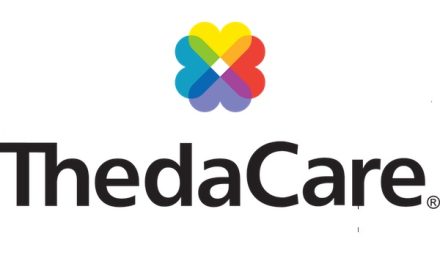
UnitedHealthcare moves forward on modified diagnostic testing policy

UnitedHealthcare is moving forward with a policy change affecting how it covers diagnostic tests that has drawn concerns from hospitals.
The insurer modified its original policy, which would have eliminated coverage for diagnostic tests unless the labs are a designated diagnostic provider, after the Office of the Commissioner of Insurance raised concerns about it. The policy is set to go into effect next month.
Tracey Lempner, a spokeswoman for the insurer, said that the program aims to rein in laboratory services that can cost as much as four to five times more when performed at an outpatient hospital facility instead of a free-standing facility.
“The commissioner raised questions regarding the member impact of the program, and we worked with OCI to develop a tiered benefit design, where members who elect to utilize lower cost laboratories will pay less in out-of-pocket expense,” Lempner said in a statement. “This approach ensures consumer choice, while continuing to address healthcare costs.”
The Wisconsin Hospital Association and the Rural Wisconsin Health Cooperative raised concerns about the policy change earlier this year. WHA Senior Vice President of Public Policy Joanne Alig said the original policy would have eliminated coverage for diagnostic tests at all free-standing and hospital outpatient labs unless they received the designation.
That would mean that hospital outpatient labs would be out of network, which they worried could have implications for network adequacy and consumer protections, she said. The change would have also happened in the middle of the benefit year for those who are insured. Alig said that insurers in other states are pursuing the practice as well.
Alig said they’re also concerned about “white bagging” policies around specialty pharmacy coverage policies. She said the policy targets drugs that patients usually can’t self-administer like intravenous and injectable drugs.
Hospitals will often buy and store specialty drugs, providing them as needed. But some insurers are asking them to instead use their specialty pharmacy network, which could lead to delayed treatment if shipments are late or more or less of a particular drug is needed, Alig said. It could also lead to logistical and liability issues, she said.
Alig said they’re concerned about “these trends and these practices” as well as ensuring adequate networks and “it’s not just sort of a unilateral, significant change in the middle of the benefit year.”
The American Hospital Association raised concerns in February to the Centers for Medicaid and Medicaid Services about UnitedHealthcare pursuing “white bagging” as well as the designated diagnostic provider change. It asked the Food and Drug Administration for action at the end of March.
They wrote that the specialty pharmacy policy would post “significant risks to quality of care as providers have inadequate control in ensuring patient access to high quality drugs as well as the appropriate storage and handling of those drugs.”
Per a statement from UnitedHealthcare, their data shows that some outpatient hospitals in their commercial network have a reimbursement rate on certain specialty drugs over 400 percent of the reimbursement set by CMS for the same drug.
“Our medication sourcing requirement helps make these specialty drugs more affordable for our customers and members, while maintaining quality of care, drug safety and effectiveness,” the insurer said in a statement.





